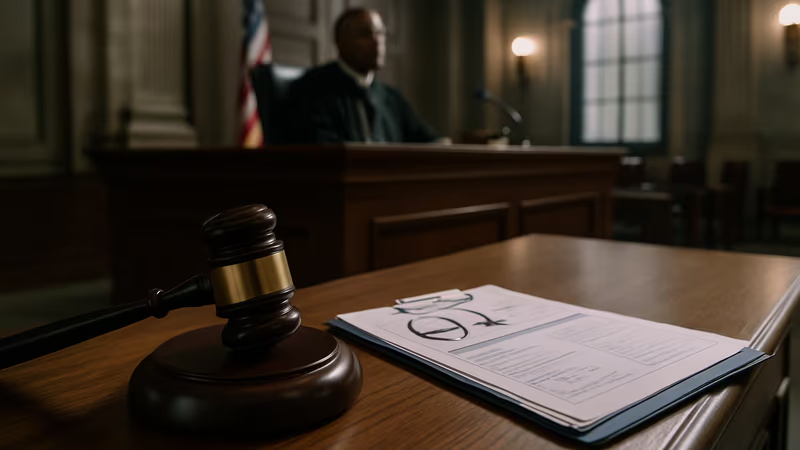Key Takeaway
New trial ordered when treating physician expert arrived without required original medical file and was unavailable for rescheduled testimony dates.
Normandin v Bell, 2018 NY Slip Op 04053 (3d Dept. 2018)
“When the expert eventually arrived in the late morning of December 1, 2016, he did not have his original file with him. (In the Third Department, the local rules require the treating doctor to have the original file with them.)
According to the expert, he left the original file in his hotel and it was his belief that it was not necessary for him to have it in order to testify. Defendant objected [*2]to having the expert testify until the original file was with him. Supreme Court directed the expert to have his office make arrangements to immediately bring the original file to the courthouse with the hope that it would arrive in the afternoon. According to the court, the expert could then testify that afternoon and finish the next day, on Friday, December 2, 2016. Plaintiffs’ counsel, however, advised the court that the expert had scheduled appointments with patients on December 2, 2016 and was unavailable to testify that day or on December 5, 2016. The next available day for the expert was Tuesday, December 6, 2016. The court, however, instructed the expert to reschedule his appointments. The expert testified in the afternoon of December 1, 2016, but by the completion of direct examination by plaintiffs’ counsel, the original file had not arrived. Defendant thereafter orally moved to strike the expert’s testimony. The court denied the oral application as premature.
On December 2, 2016, plaintiffs’ expert did not appear. Defendant renewed his motion to strike the expert’s testimony and plaintiffs moved for, among other things, a continuance. Supreme Court, among other things, denied plaintiffs’ motion for a continuance and granted defendant’s motion to strike. After plaintiffs rested, defendant moved to dismiss the complaint based upon plaintiffs’ failure to prove a prima facie case due to the absence of expert testimony. Supreme Court granted the motion and a judgment was subsequently entered thereon. Plaintiffs now appeal. We reverse.
Whether to grant a continuance rests in the sound discretion of the court (see Matter of Anthony M., 63 NY2d 270, 283 ; Stone v Hidle, 266 AD2d 705, 706 ) and, absent an abuse of such discretion, the court’s determination will not be disturbed (see Gutin-Nedo v Marshall, Cheung & Diamond, 301 AD2d 728, 729 ; Gombas v Roberts, 104 AD2d 521, 522 ). “t is an abuse of the court’s discretion to deny a continuance where the application complies with every requirement of the law and is not made merely for delay, where the evidence is material and where the need for a continuance does not result from the failure to exercise due diligence” (Cirino v St. John, 146 AD2d 912, 913 ; see Black v St. Luke’s Cornwall Hosp., 112 AD3d 661, 661 ; Brusco v Davis-Klages, 302 AD2d 674, 674 ).
We conclude that plaintiffs’ motion for a continuance should have been granted (see Stevens v Auburn Mem. Hosp., 286 AD2d 965, 966 ; Cirino v St. John, 146 AD2d at 914). The record does not support Supreme Court’s finding that the failure of plaintiffs’ expert to appear and complete his testimony on December 2, 2016 stemmed from a lack of due diligence by plaintiffs (see Brusco v Davis-Klages, 302 AD2d at 674-675; compare McKenna v Connors, 36 AD3d 1062, 1064 , lv dismissed and denied 8 NY3d 969 ). Furthermore, the expert’s testimony was material, plaintiffs requested only a brief adjournment, the court had allotted two weeks for trial and the continuance request was not made for the purpose of delay. Accordingly, Supreme Court abused its discretion in denying plaintiffs’ request for a continuance (see Zysk v Bley, 24 AD3d 757, 758 ; Mura v Gordon, 252 AD2d 485, 485 ; Hoffner v County of Putnam, 167 AD2d 755, 756 ; Gombas v Roberts, 104 AD2d at 522).
In the real world of law, this type of circumstance always calls for a re-trial. I would say that even in NF provided you get the availability dates of the doctor, this will work also.

